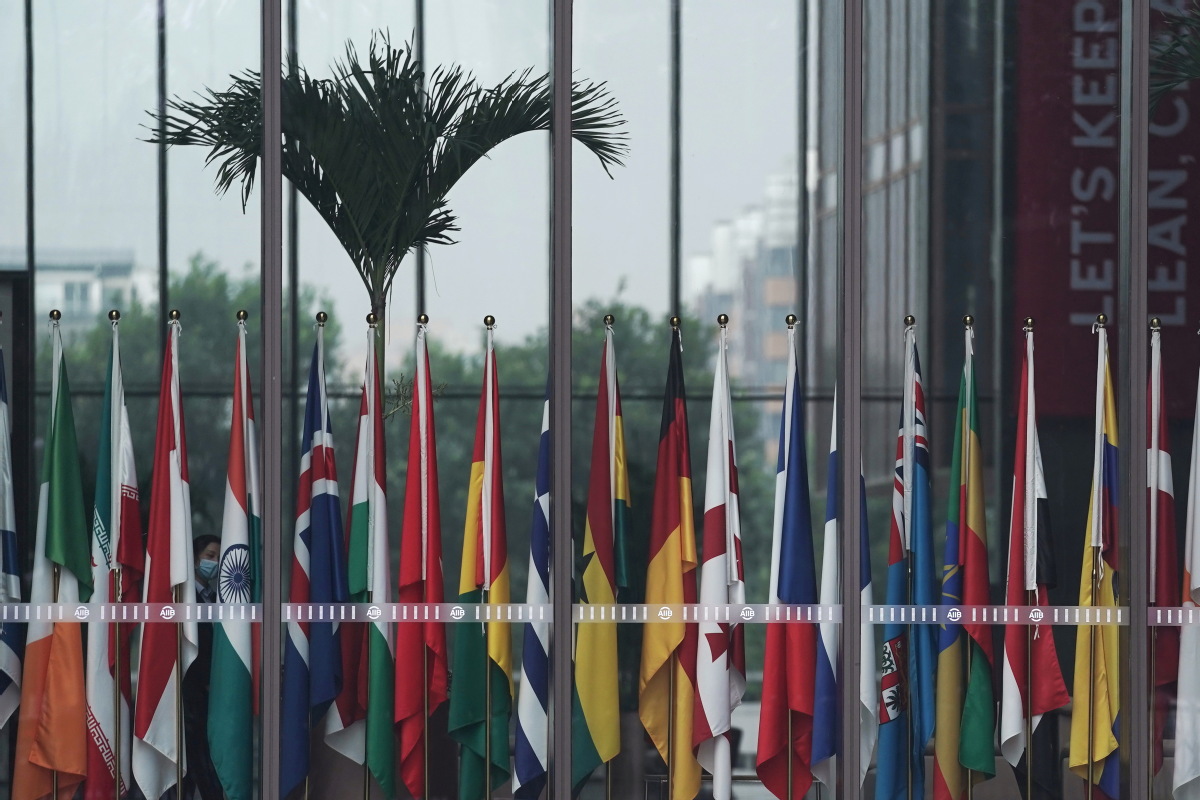Economist urges global unity to speed recovery


Global cooperation is needed to tackle the COVID-19 pandemic and boost economic recovery, said former United Nations under-secretary-general Shamshad Akhtar.
"The COVID-19 pandemic is unprecedented," Akhtar told the Global Think Tank Webinar on Wednesday.
"Hence an unprecedented crisis requires unprecedented support and unprecedented action and response."
The former governor of Pakistan's central bank said the pandemic is causing significant loss of life, disrupting livelihoods, and threatening the development and prosperity of countries across the globe.
The International Monetary Fund has forecast that global GDP will contract by 4.9 percent this year, Akhtar said.
She said in developed countries, particularly the United States, the level of contraction is double that average.
"If we also take a look at the disruption to small and medium-sized businesses and the global industrial and value chains, the numbers will be phenomenal," she said.
"Another shocking thing is that labor markets are extremely tight as hundreds of millions of jobs are being lost globally."
Akhtar said the lessons that can be learned from the pandemic are that the virus does not have a nationality, race or gender, and more cooperation means less pain and faster relief.
For instance, in many countries inadequate infrastructure to deal with the pandemic is causing loss of lives.
"This is not only the case in vulnerable countries. In some developed countries, their health infrastructure is also struggling to contain COVID-19," she said.
However, multilateralism and international cooperation have brought hope to some vulnerable countries, economies and people, Akhtar said.
The G20 countries have developed a joint action plan in response to COVID-19. The bloc has addressed the risks of debt vulnerability, supported financial stability and alleviated liquidity constraints for emerging markets and developing economies, Akhtar said.
However, protectionism, nationalism and isolationism also rise when a crisis hits, she added.
The G20 members need to speak in a unified voice to reaffirm multilateralism and find a way to keep world trade running while restrictions are in place to contain the virus, she said.
"In this special time, global governance must be reintegrated to deal with the tensions between isolationism versus internationalism, realism versus idealism, competition versus interdependence," Akhtar said.
"Public health policy and public health infrastructure development, learning exchanges, and better risk management of cross-border mobility, as well as medical cooperation, are critical elements in the fight against the pandemic."
Akhtar said the pandemic has reaffirmed the values of global solidarity, trust and cooperation in the face of a common health threat.
Countries should continue cooperation on combating the pandemic, jointly safeguard regional and global health security, and support vulnerable countries and people to help them pull through this difficult time, Akhtar said.
SHAMSHAD AKHTAR, Pakistani development economist, diplomat and intellectual who has served as caretaker finance minister of Pakistan, a senior adviser to the secretary-general of the United Nations and as vice-president of the World Bank.
- Sino-EU cooperation set to improve amid contagion
- Global 'make-or-break' moment calls for unity
- Study and Implement Xi Jinping Thought on Diplomacy Conscientiously and Break New Ground in Major-Country Diplomacy with Chinese Characteristics
- EU leaders agree on 'historic' recovery package
- Washington's growing pressure on EU will only further estrange it from the bloc: China Daily editorial



































